In the second edition of this witty and infectious book, Madsen Pirie builds upon his guide to using – and indeed abusing – logic in order to win arguments. By including new chapters on how to win arguments in writing, in the pub, with a friend, on Facebook and in 140 characters (on Twitter), Pirie provides the complete guide to triumphing in altercations ranging from the everyday to the downright serious.
He identifies with devastating examples all the most common fallacies popularly used in argument. We all like to think of ourselves as clear-headed and logical – but all readers will find in this book fallacies of which they themselves are guilty. The author shows you how to simultaneously strengthen your own thinking and identify the weaknesses in other people arguments. And, more mischievously, Pirie also shows how to be deliberately illogical – and get away with it. This book will make you maddeningly smart: your family, friends and opponents will all wish that you had never read it.
Publisher’s warning: In the wrong hands this book is dangerous. We recommend that you arm yourself with it whilst keeping out of the hands of others. Only buy this book as a gift if you are sure that you can trust the recipient.
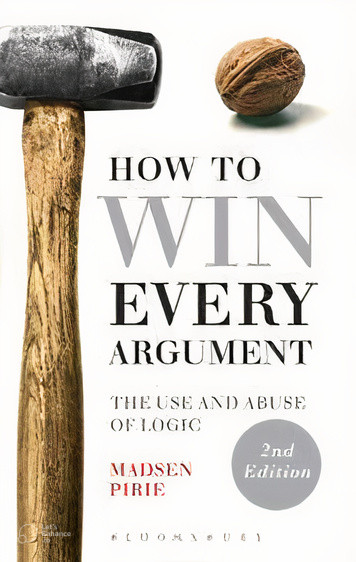
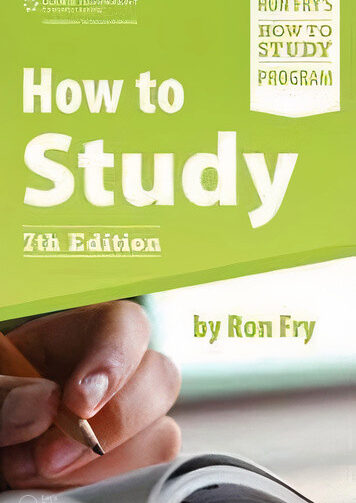
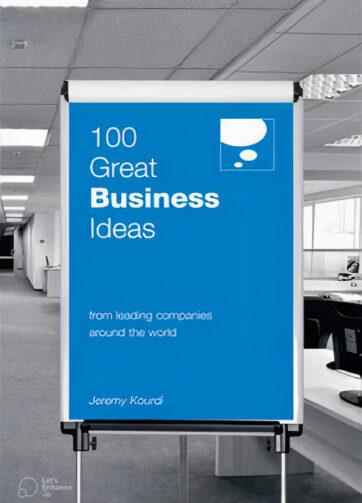
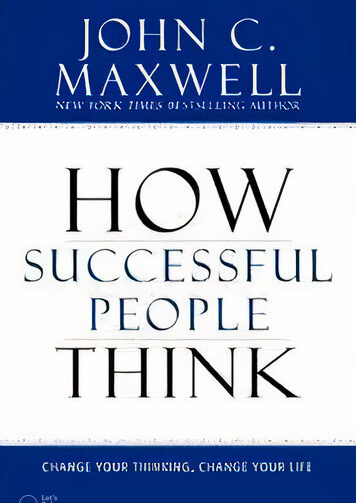
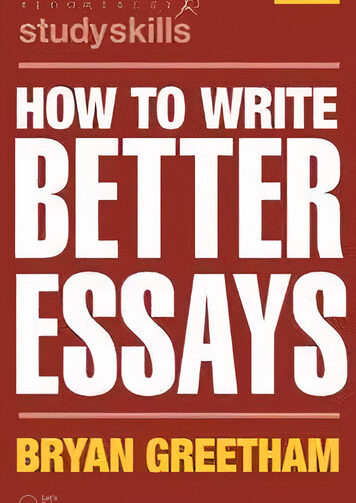
Argument (verified owner) –
There are a lot of critical thinking books out there, but few are as easily accessible and entertaining as “How to Win Every Argument: The Use and Abuse of Logic.” It shines a light on all the hidden trip wires, trap doors, and funhouse mirrors that the professional spinners use to keep us dizzy.
Wouldn’t you like to learn how to see through all their smoke and mirrors? In this day and age, can any of us really afford not to?
Like its predecessor (the out-of print “Book of the Fallacy”) this is a cure for our near-sighted world, especially in these days when– whether from information overload or apathy– we all seem to passively accept our collective blurred vision.
Daniel (verified owner) –
There are a lot of critical thinking books out there, but few are as easily accessible and entertaining as “How to Win Every Argument: The Use and Abuse of Logic.” It shines a light on all the hidden trip wires, trap doors, and funhouse mirrors that the professional spinners use to keep us dizzy.
Wouldn’t you like to learn how to see through all their smoke and mirrors? In this day and age, can any of us really afford not to?
A book about fallacies. A fallacy is faulty reasoning, an error in logic.
Reading this book actually helps you add creativity to your conversations by helping you find assumptions or ommissions in an argument allowing you to respond cleverly.
The most useful fallacy is anecdotal reasoning where a few individual cases are used to counter an argument of principle. An example in the book discusses an argument for welfare being restructured to encourage people to seek employment when possible and the counterargument discussing one person who committed suicide when his benefits were withdrawn. Statistics should be countered by statistics rather than individual cases.
Ruslan (verified owner) –
There are a lot of critical thinking books out there, but few are as easily accessible and entertaining as “How to Win Every Argument: The Use and Abuse of Logic.” It shines a light on all the hidden trip wires, trap doors, and funhouse mirrors that the professional spinners use to keep us dizzy.
Wouldn’t you like to learn how to see through all their smoke and mirrors? In this day and age, can any of us really afford not to?
A book about fallacies. A fallacy is faulty reasoning, an error in logic.
Reading this book actually helps you add creativity to your conversations by helping you find assumptions or ommissions in an argument allowing you to respond cleverly.
till i found the book , it never occurred to me that there is so many technic to win arguments and recognize
fallacies. I feel I got much better at intelligent arguing.
Sarah M. Carr (verified owner) –
This is a good, thorough index of fallacies and the idea for such an index is pretty cool in and of itself. Lots of folks would benefit from even a cursory read. However, the author deviates from the “how to” format frequently. Some sections describe the fallacy and how to attack it and others do not. Although the line of reply may seem obvious, I found the full cycle of repartee where it was provided to be helpful in every case. A lot of this is due to the fact that I am usually overwhelmed by the circumstances surrounding argument and my staircase wit means I don’t identify the fallacy until its too late. This book could have been a more powerful tool if it consistently included rebuttal techniques as the title implies.
I also get a sense the author identifies with conservative politics based on the fact that nearly all of his political examples start with a left-leaning view that he takes down in emphatic parentheticals. This may be part of an effort to be humorous but it’s actually distracting due to how charged politics can be. It leaves a bad taste in my mouth and it undermines the instructional purpose outlined.
Jason C (verified owner) –
There are a lot of critical thinking books out there, but few are as easily accessible and entertaining as “How to Win Every Argument: The Use and Abuse of Logic.” It shines a light on all the hidden trip wires, trap doors, and funhouse mirrors that the professional spinners use to keep us dizzy.
Wouldn’t you like to learn how to see through all their smoke and mirrors? In this day and age, can any of us really afford not to?
A book about fallacies. A fallacy is faulty reasoning, an error in logic.
Reading this book actually helps you add creativity to your conversations by helping you find assumptions or ommissions in an argument allowing you to respond cleverly.
I’ve long maintained that critical thinking is the single most important skill an undergraduate can obtain, regardless of major. This is an excellent book that introduces the multiple logical fallacies that we see in some form or another almost every day. It consists of a list of logical fallacies in alphabetical order, which can be admittedly a little dry. It’s no substitute for a class in critical thinking or logic, but it’s a great start!
Stephen B. Waters (verified owner) –
This is a good, thorough index of fallacies and the idea for such an index is pretty cool in and of itself. Lots of folks would benefit from even a cursory read. However, the author deviates from the “how to” format frequently. Some sections describe the fallacy and how to attack it and others do not. Although the line of reply may seem obvious, I found the full cycle of repartee where it was provided to be helpful in every case. A lot of this is due to the fact that I am usually overwhelmed by the circumstances surrounding argument and my staircase wit means I don’t identify the fallacy until its too late. This book could have been a more powerful tool if it consistently included rebuttal techniques as the title implies.
How do you expect to defend yourself against the onslaught of words, words, words, if you were not equipped in school with the weapons to do so? Rather than a “reading” book, this is a “stick it in the face of those who don’t know how to think or care to learn” book. Buy it for your own safety’s sake.
Classical education used to teach one how to think — grammar, logic, rhetoric — after which one practiced on subjects. Nowadays, one learns subjects leaving to chance one will also learn to think. What’s more, people cannot discern fuzzy thinking through fuzzy thinking. Do yourself a favor, a favor for those with whom you associate, and a favor to society — do not walk around unarmed.